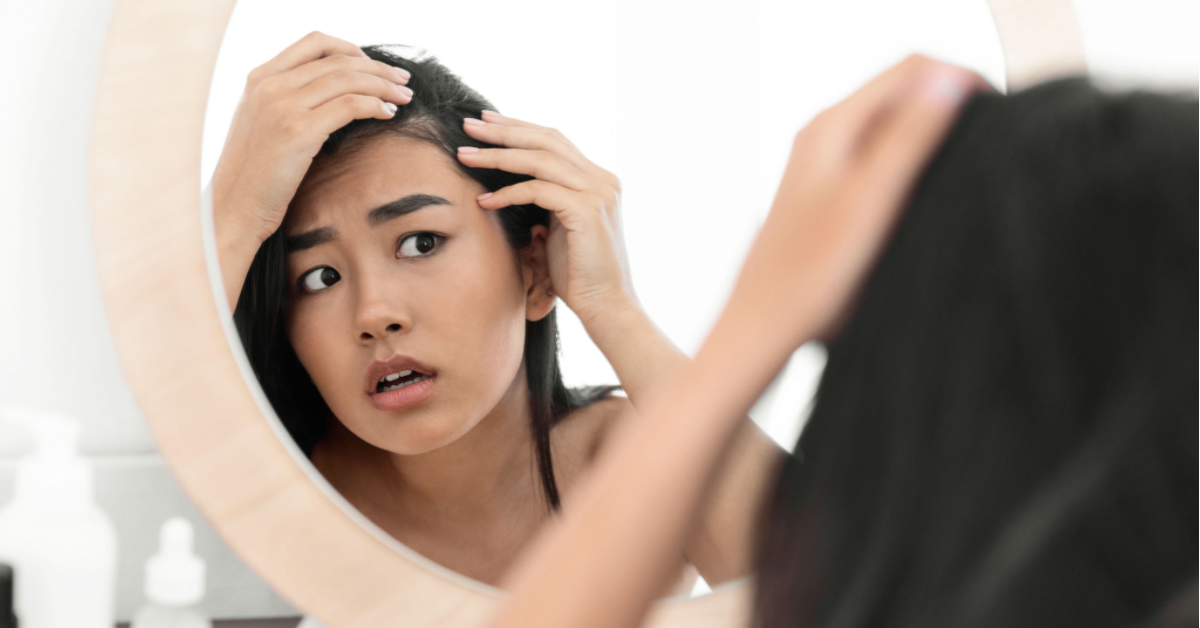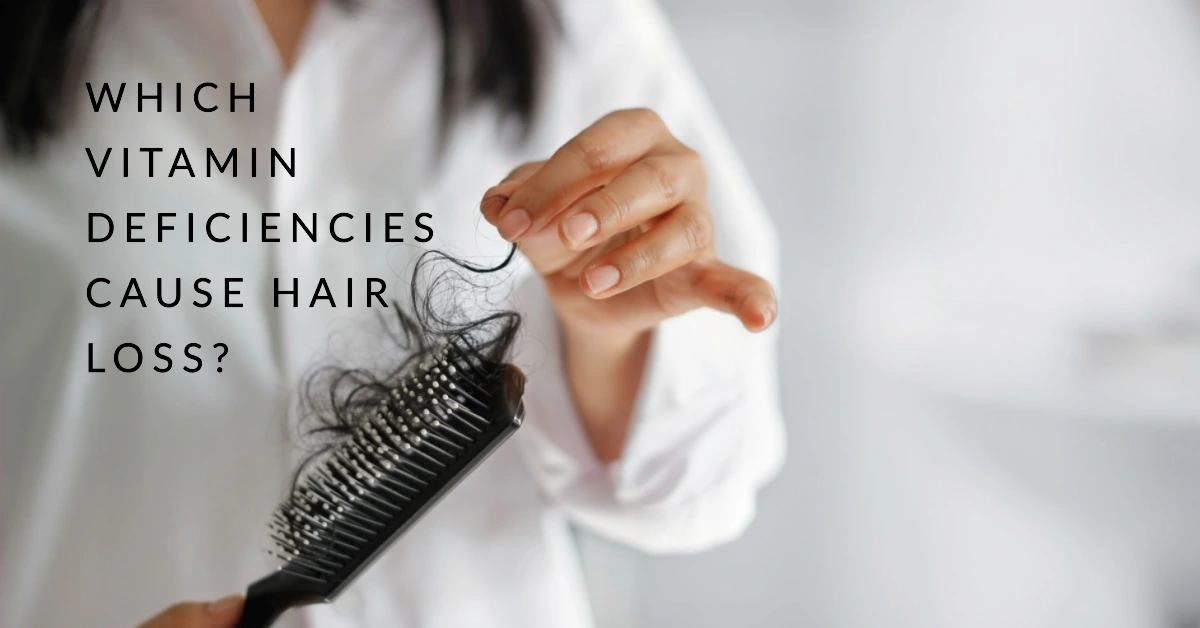A vital element that contributes to multiple bodily functions includes vitamin D. A lack of vitamin D can result in a variety of issues, particularly losing your hair.
In addition, there can be some proof indicating a vitamin D shortage might result in losing hair and additional problems regarding your hair. Whenever the human body lacks vitamin D, for instance, the hair may suffer because it fosters the growth of the follicles that produce hair.
Additionally, alopecia areata, also known as a form of autoimmune disease that results in weak hair loss, could be associated with vitamin D nutritional deficiencies.
Lack of vitamin D may contribute to hair loss in people who do not suffer from alopecia. According to a reliable source, vitamin D levels were lower in women who experienced various types of diminished hair growth.
Hair loss is not only caused by vitamin D but also by other vitamins. Refer below to learn all of them.
Other vitamin deficiencies that cause hair loss
It’s not always accurate to say that a vitamin shortage will cause hair loss. But eventually, a vitamin deficiency can affect the condition of your hair’s ability to develop, stay healthy, and function normally.
The following are several vitamins and minerals on the detailed list necessary for body wellness, including those especially associated with hair growth:

1. Vitamin A
Due to the fact that vitamin A is commonly found in medication and therapies for skin conditions such as acne, we usually don’t think of it as a vitamin for hair growth.
Regarding hair loss, vitamin A exhibits a unique combination of characteristics. Because the capability of the immune system to protect hair follicles and the procedures of hair cell production and proliferation depend on it.
For proper development, our body’s components need a sufficient supply of vitamin A. Obviously, this also applies to the skin tissues that create hair shafts.
Vitamin A aids in the skin’s production of sebum, a waxy substance that keeps your scalp well-nourished and moisturized and promotes the growth of hair.
2. Vitamin B
The B vitamins encourage optimal cell renewal via an abundance of red blood cells, which organically nourish the hair follicles and contribute to hair development. This promotes steady as well as quicker hair development.
Red blood cells are given priority because they not only carry oxygen all throughout the human body, but they also carry the micronutrients necessary for maintaining every system’s normal functioning. As an outcome, the area around our scalp can serve as a solid base that allows us to develop and preserve our fresh hair growth.
3. Vitamin C
One of the best supplements for promoting hair development and maintaining its strength is vitamin C. Although collagen is essential to hair growth and the maintenance of hair-strengthening endurance, vitamin C aids in the production of the protein collagen.
Numerous hair-related issues that are having an impact on the development of hair could be caused by inadequate vitamin C intake as the root cause.
Dry hair and brittle ends might represent symptoms of vitamin C insufficiency. These situations are not advantageous for normal hair development.
Free radicals are substances that are created by the body while food is converted into glucose for the purpose of producing energy. Our hair suffers destruction from these free radicals, becoming weak, fragile, and inflexible. These circumstances prevent hair from growing.
The antioxidants in the capabilities of vitamin C decrease the production of free radicals and minimize their impact on our physical health.
Role Of Minerals In Hair Loss
While vitamins are essential for hair maintenance, do not disregard the role of minerals. Minerals, including iron, zinc, selenium, and magnesium, are crucial for good hair health.
Although magnesium is necessary for the creation of proteins and therefore necessary for the development of hair, Selenium assists in the formation of antioxidant substances that shield hair shafts from harm.
Anemia from an iron shortage may result in diminished hair growth because the hair follicles receive fewer nutrients. A vegan or vegetarian diet is also deficient in zinc, which is necessary for the growth and maintenance of hair follicles and whose lack may result in diminished hair growth and receding hair growth.
A common approach to keeping your hair healthy is to consume meals that are high in vitamins and minerals. To figure out the true reason for hair loss, medical tests are among the crucial steps that must be conducted.

